WSJ: Amazon Changed Its Search Algorithm to Benefit Its Own Products
A recent report from the Wall Street Journal alleges that Amazon altered its search algorithm to boost its own products, to the top.
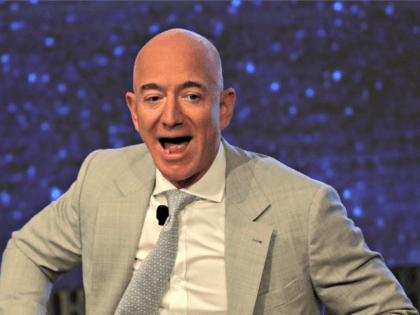
A recent report from the Wall Street Journal alleges that Amazon altered its search algorithm to boost its own products, to the top.

CNBC published an article recently taking issue with Google’s argument that the tech giant competes with “lots of companies” in the advertising industry.
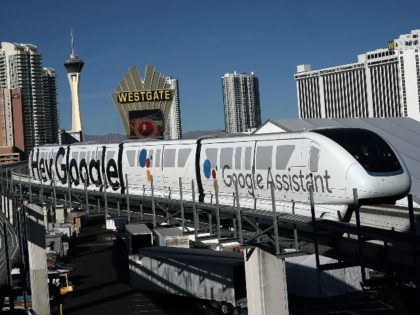
Hasbro has once again upgraded its iconic Monopoly board game, this time with a more feminine twist.

Hasbro, Inc. has created a version of its iconic Monopoly game that pokes fun at socialism, reports state.

Google’s job listing search tool has grown rapidly in popularity in recent months, but 23 rival job-finding sites are questioning the antitrust implications of the service.
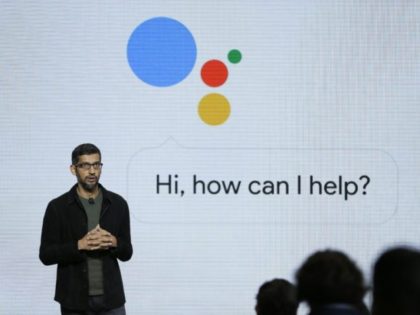
The Supreme Court ruled against Apple in a recent lawsuit, allowing a case claiming that the company’s app store is a monopoly to go ahead.
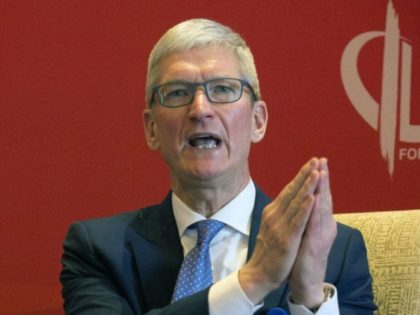
Amazon competitors are reportedly embracing the company’s online store as some of them close hundreds of brick and mortar shops, opting to sell their products directly through Amazon due to benefits such as the company’s delivery system.
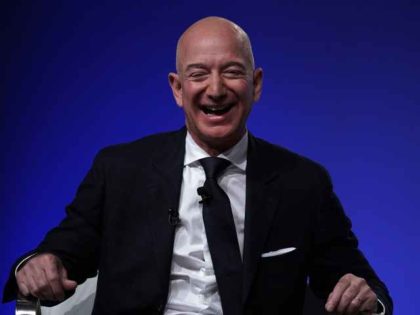
Google denied it held a monopoly on “online searches” and advertising following calls from an Australian regulator for “increased scrutiny” and greater monitoring of Big Tech companies.
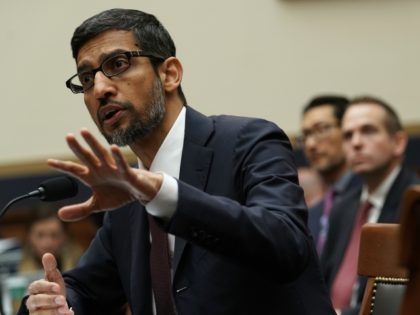
Patrick Courrielche, host of Red Pilled America, warned conservatives of the danger of ignoring Silicon Valley’s “unprecedented” monopolistic power and increasing censorship over the flow of information. These threats challenge conservative orthodoxy about the government’s role in regulating private industries, he explained.
Hasbro, the toy and game company, recently launched a new edition of board game Monopoly which is targeted at millennials. The company’s target audience of young people does not seem to be reacting to Monopoly for Millennials as intended.
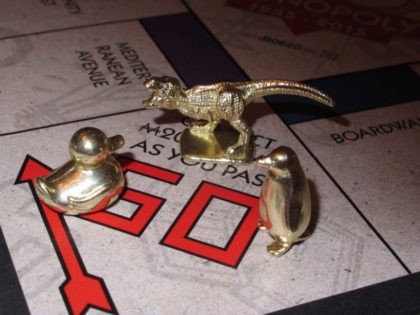
Congressman Jim Jordan (R-OH) told Breitbart News in an exclusive interview Tuesday that given Facebook, Google, and Twitter’s rampant censorship practices, “something has to change,” and they are “going to look at this monopoly situation.”
In 2010, AT&T argued against the Comcast/NBC merger on the grounds that it would create the sort of unfair advantage that AT&T now seeks for itself in its merger with Time Warner.
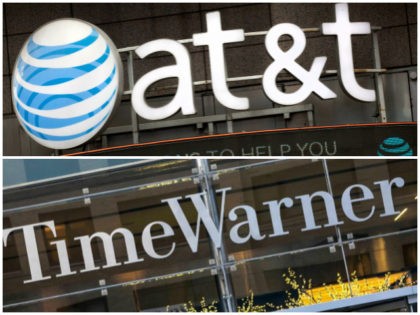
President Donald Trump took aim at Amazon Monday morning, raising the possibility that the company could face antitrust legal problems and accusing it of using the U.S. Post Office as a “delivery boy.”

While testifying before Congress this week, Mark Zuckerberg stated that Facebook faces fierce competition in the marketplace from at least 8 major apps, but in fact, Facebook owns or has a version of each of the apps that supposedly threatens them.
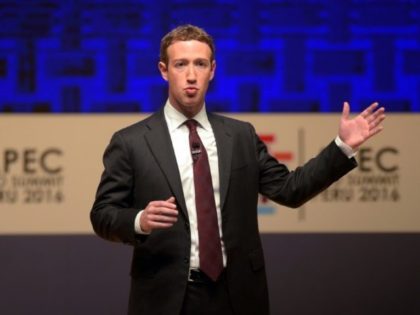
“You don’t think you have a monopoly?” Graham asked.
“It certainly doesn’t feel like that to me,” Zuckerberg said.
Cue laughter.
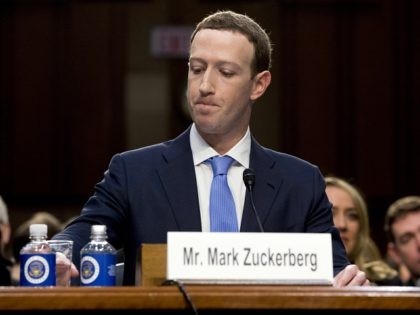
Google is “coming after critics in academia and journalism,” according to the Washington Post, who added that the company “is forming into a government of itself.”

Covered California is effectively giving Blue Shield a monopoly over health insurance in almost a quarter of California counties.

Civil rights attorney James Finberg is considering filing discrimination lawsuits on behalf of over sixty current and former female Google employees.
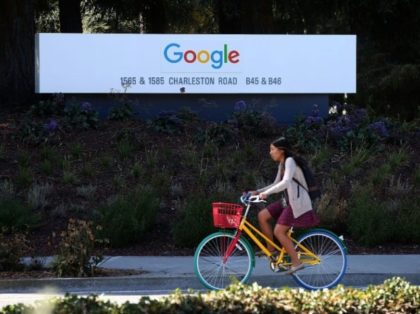
When President Trump was still on the campaign trail, he noted that Amazon is using the Washington Post (owned by Amazon) as a political instrument to avoid prosecution for its “huge antitrust problem.” President Trump is right to be concerned about Silicon Valley’s unprecedented corporate power and influence over the nation’s media, and he’s right that “we can’t let [them] get away with it.” But the greatest threat to our constitutional republic isn’t Amazon. It’s Google.
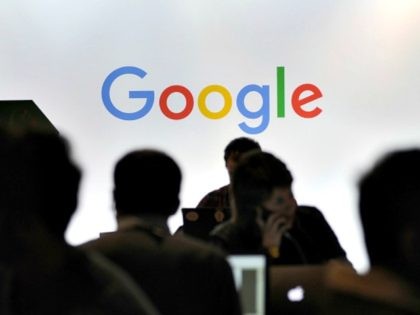
Officials in one Texas city went silent over allegations of secrecy and cronyism in a questionable closed-door garbage collection deal. The deal overcharged local businesses for years and the city fizzled on its promises to look into the matter for its taxpayers.

President Donald Trump’s power to appoint a majority of the Federal Trade Commission’s members and the agency’s Chairman may usher in aggressive enforcement of anti-trust laws against several Silicon Valley tech giants.
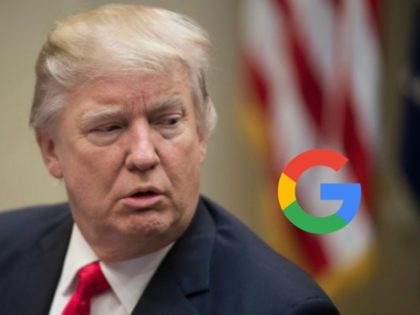
In a stunning blow to free enterprise, an Italian court has banned Uber from using its apps or advertising its services throughout Italy, following violent protests from the powerful taxi union.

Russia has forbidden the sale of Poland’s “Communist Monopoly” board game that allows players to transport themselves back to the USSR.

With sanctions about to be lifted, Iran unveiled a “new model” for a 25-year joint-venture oil and gas production contract on terms favorable to foreign companies in an effort to recruit $100 billion in foreign capital to break Russia’s natural gas monopoly in Europe.

Google’s entire multi-billion dollar software utopia is designed to find the perfect search result. Back in 2005, before American and European Union government regulators painted Google as a monopoly, now-chairman Eric Schmidt was quite open about the search giant’s endgame.
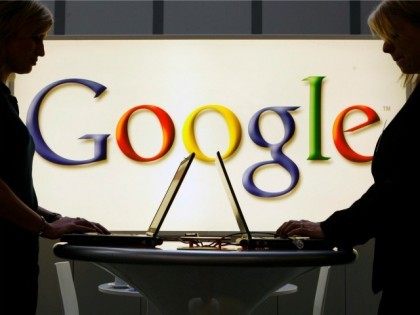
The European Union has been involved in what seems like a permanent investigation of Google for abusing its search-engine dominance. There is a certain through-the-looking-glass quality to Reuters’ report on the latest developments, as Google is punished with anti-competitive regulations for allegedly engaging in anti-competitive practices.
